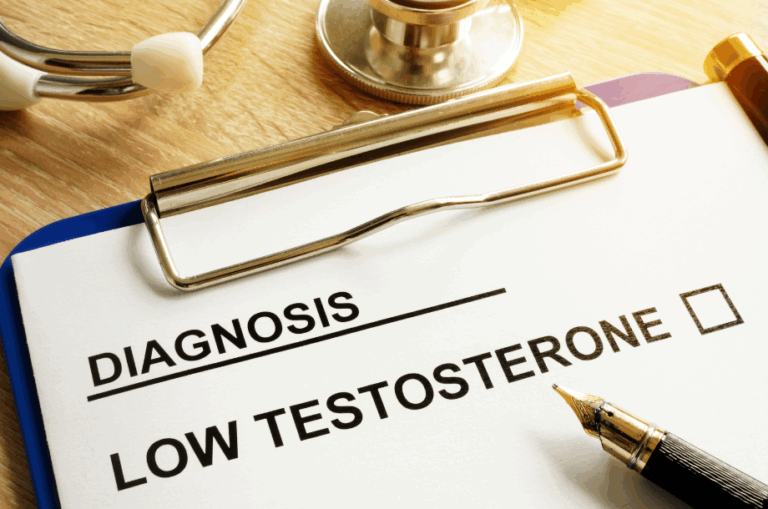…and this can really matter when we’re talking about cancer medication. Immunotherapy is a type of drug therapy used to treat cancer that focuses on boosting the immune system. Without the harmful side effects that come with chemotherapy, immunotherapy is the preferred method to treat many cancers today, yet positive response rates to this type of therapy fall somewhere south of 60%.
Why so low? Because gut bacteria play a heavy role in metabolism and immunity, they can ultimately determine the fate of a medication’s effectiveness. And in those who suffer from dysbiosis (imbalanced gut bacteria), the likelihood of a positive response to immunotherapy is lower than those with a balanced, diverse microbiome. In fact, both human and animal studies show that taking antibiotics within a short timeframe before starting immunotherapy results in lower response rates. Researchers have also compared the microbiomes of those who respond well to immunotherapy and those who don’t – non-responders have a markedly different microbiome when compared to responders.
Scientists are therefore looking for ways to manipulate the microbiome to improve drug effectiveness. Trials are currently underway that use prebiotic and probiotic supplementation to improve microbial health for better drug response. While supplementation interventions are easy for patients, they are less effective in positively altering the microbiome when compared to nutrition interventions. The most effective and efficient way to increase the richness and balance of your gut bacteria is through the food you eat, especially fiber rich plants.
For more on the gut microbiome and the role it plays in drug treatment, check out The Scientist’s July 2019 article, How The Microbiome Influences Drug Action.








